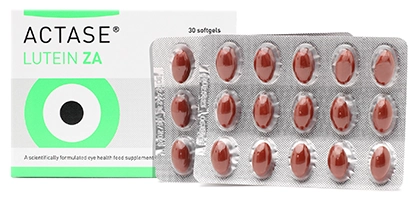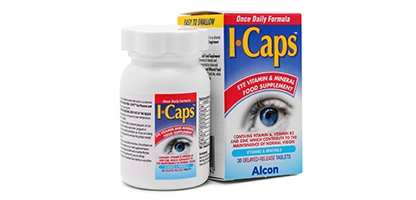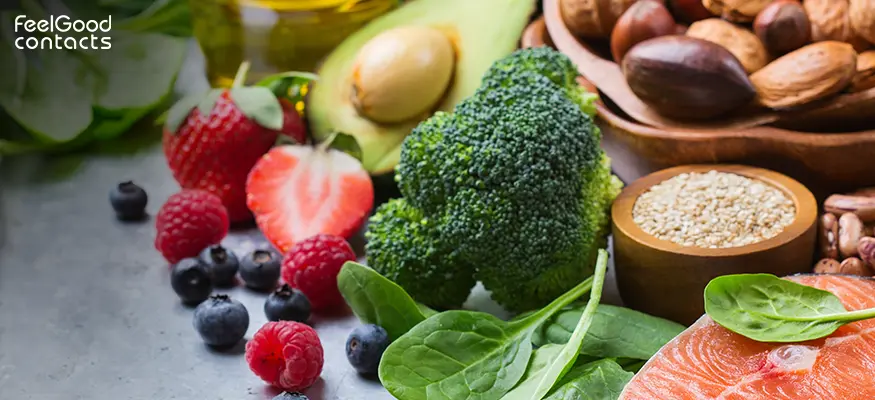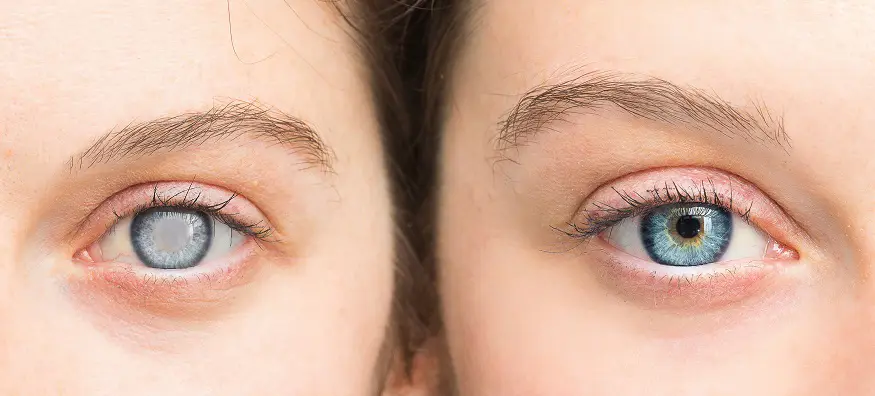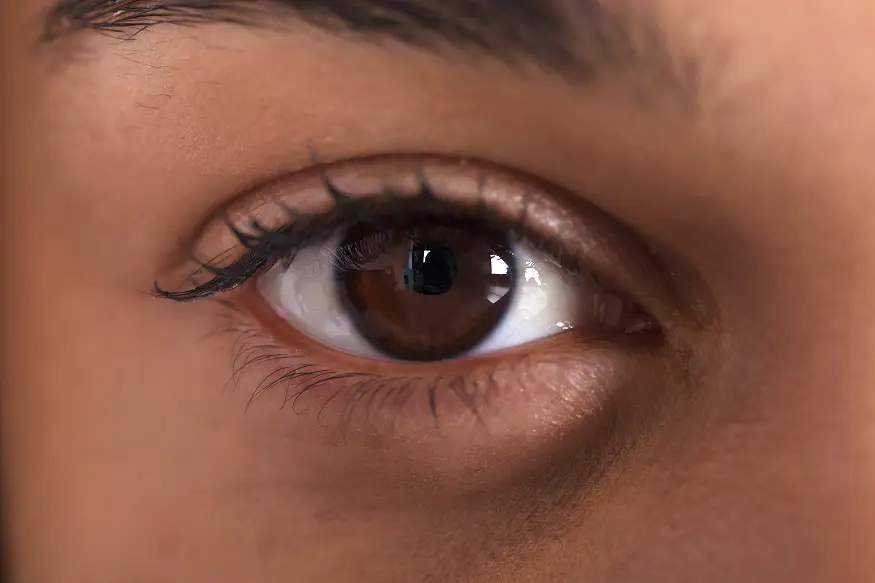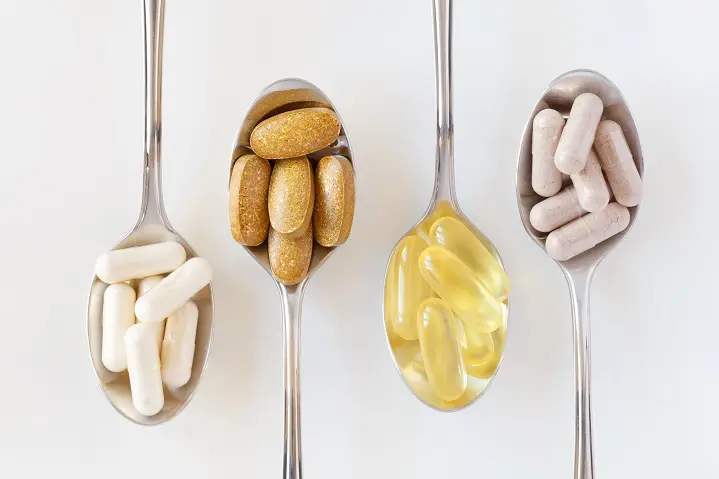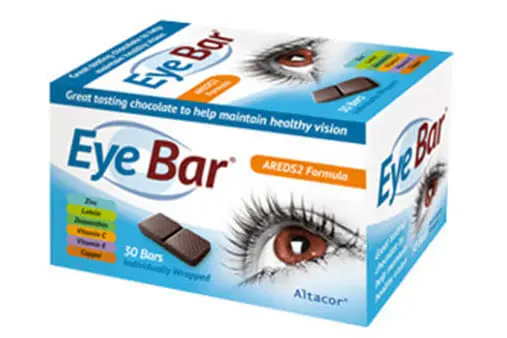Tea is more than a comforting beverage; it’s a nutritional powerhouse. Studies suggest that herbal teas are packed with various antioxidants, vitamins, and other nutrients that contribute to overall well-being.
This blog will discuss the best tea for eye health, its benefits and more interesting facts.
Benefits of tea for your eye health
According to a study published in the National Library of Medicine, tea extracts are widely known for their antioxidant properties, which are believed to reduce the risk of developing cataracts.
While teas aren't a direct treatment for eye conditions, some herbs contain natural compounds that may support overall eye health due to their antioxidant and anti-inflammatory properties. Certain teas can benefit your eye health by:
- Offering antioxidant protection
- Improving blood circulation
- Inducing anti-inflammatory effects
- Providing hydration
- Reducing stress levels
What tea is good for your eye health?
We have recommended some of the best teas for your eye health. Have a look.
1. Green tea
Green tea has a high amount of catechins and antioxidants. These can lower the risk of cataracts and macular degeneration by protecting the eye's delicate tissues from harm. Also, green tea's anti-inflammatory properties may help soothe dry and irritated eyes.
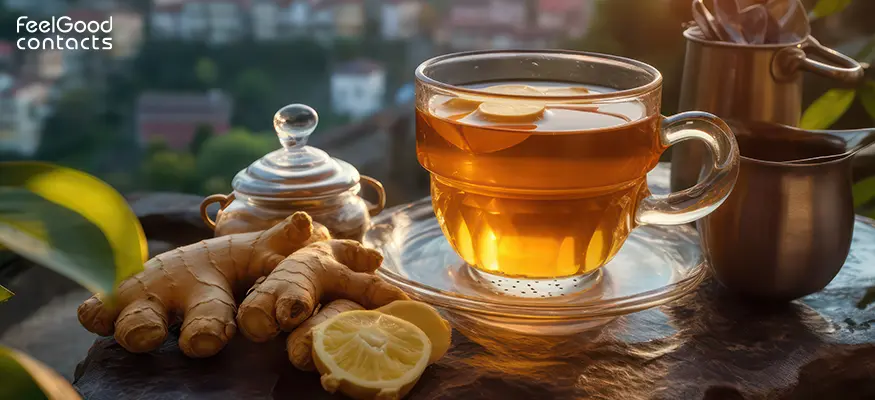
2. Bilberry tea
Bilberry tea is made from the bilberry fruit, which contains a pigment called anthocyanosides. This pigment boosts the production of rhodopsin, which further improves night vision and helps the eyes adapt to light changes. Bilberry tea also has excellent antioxidant properties and can be useful to defend against oxidative stress.
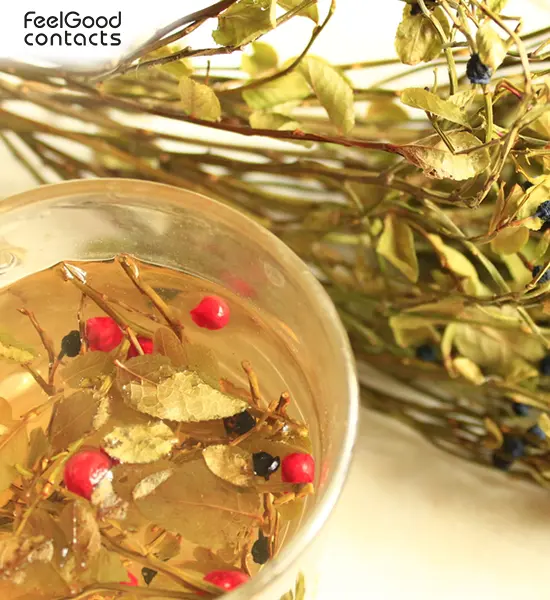
Benefits:
- May help reduce eye strain
- Can potentially prevent retinopathy (damage to the retina)
- Can delay the onset of macular degeneration, glaucoma and cataracts
3. Black tea
Black tea is a common household beverage with flavonoids, which improves blood circulation. Good circulation is vital for eye health because it ensures the eyes receive enough oxygen and nutrients. Some studies suggest that regularly drinking black tea may help lower the risk of developing glaucoma, a condition characterised by increased pressure in the eye that can lead to vision loss.

4. Eyebright tea
Eyebright is a herb with a long history of being used for minor eye ailments, including inflamed and irritated eyes and eye fatigue. The herb contains plant compounds such as luteolin and quercetin, which have been used to treat eye conditions such as conjunctivitis, styes, and eye irritation.
To get the best out of eyebright tea, it should be consumed alongside implementing recommendations from your optician. The tea is safe to be consumed regularly.
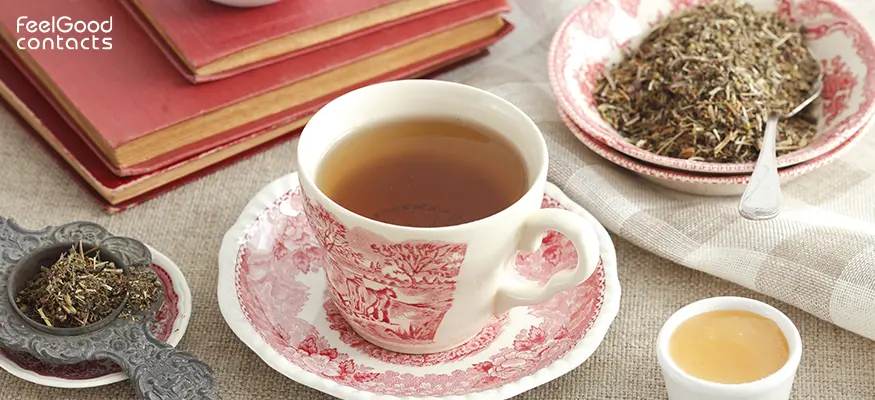
5. Ginkgo biloba tea
Ginkgo biloba is well known for its potential to improve blood circulation, including eye circulation. Drinking ginkgo biloba tea may enhance blood flow to the optic nerve and retina, supporting eye health and function.
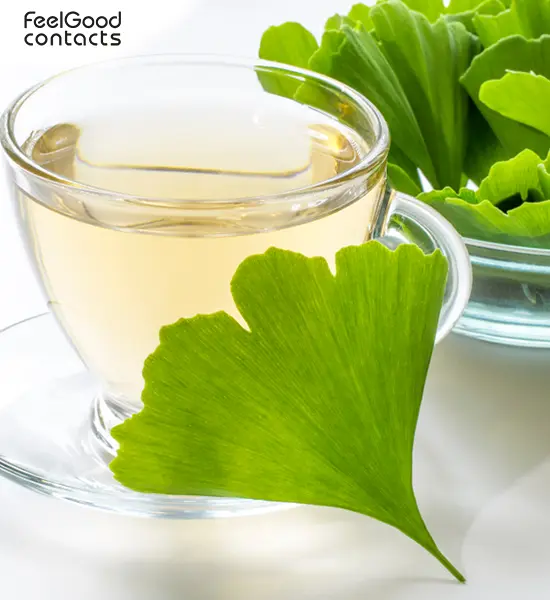
6. Chamomile tea
Known for its calming properties, chamomile tea is also beneficial for eye health. It contains antioxidants like apigenin and alpha-bisabol.
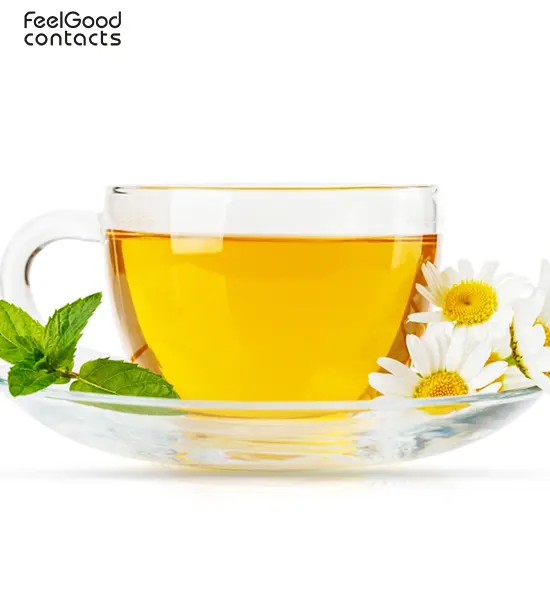
Benefits:
- Can help reduce eye irritation and redness
- Can ease the symptoms of eye strain
- Can promote relaxation
How to incorporate teas into your daily routine
Incorporating teas into your daily routine is a simple yet effective way to support eye health naturally. While the best tea for eye health can provide nutrients, it's essential to consume them with a balanced diet that includes a variety of nutrients that are beneficial for eye health, like vitamins A, C, and E, lutein, zeaxanthin, omega-3 fatty acids, and zinc.
You can find different eye supplements online at Feel Good Contacts; remember, it’s important to consult an optician before purchasing any vitamin.
Please read our blog to learn about vitamins and minerals that help keep your eyes healthy.
Tips to get the most out of tea for improved eye health
Here are some tips to get the most from your daily cup of tea for better eye health:
1. Stick to a daily ritual
Drink tea as a part of your daily routine, such as having a cup in the morning or as an afternoon beverage.
2. Replace high sugar/caffeinated beverages
Substitute sugary or caffeinated drinks with herbal teas to reduce your caffeine intake, which can negatively impact your health.
3. Enjoy tea breaks
Take breaks during work or study sessions to enjoy a rejuvenating cup of tea. This can help reduce eye strain from screen time and provide a moment of relaxation.
4. Pair tea with nutrient-rich snacks
Combine teas with snacks rich in nutrients beneficial for eye health, such as carrots, nuts, seeds, and fruits like berries and oranges.
Does tea affect your eyes?
While tea has health benefits, it's important to enjoy caffeinated teas in moderation. Too much caffeine can raise pressure in the eye and make conditions like glaucoma worse.
If you have glaucoma or are sensitive to caffeine, consult with your healthcare provider before making tea a regular part of your diet.
Disclaimer: The advice and suggestions in this blog are for informational purposes only and are not a substitute for medical care. Before trying any products or remedies, consult with an eye care professional. See our Editorial Policy for details on how we review our blog.















